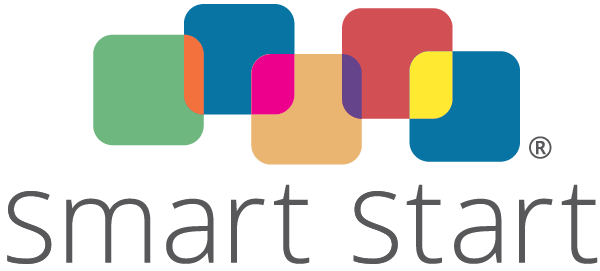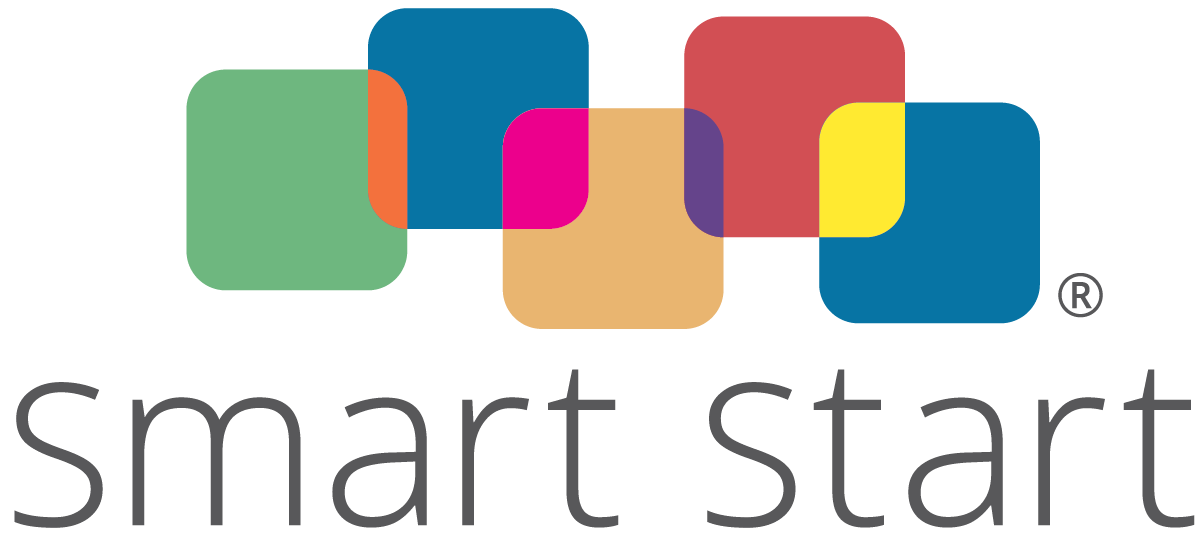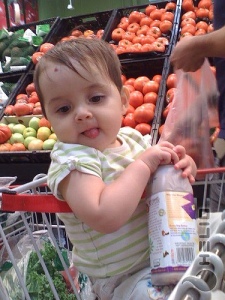Supporting school readiness through everyday activities
Next time you are in a grocery store, in a bank or a post office with your young child, grandchild or friend of the family, think about the routine errand as a field trip or a backdrop to teach your child something new or reinforce a recent preschool lesson.
Children can learn from everyday activities, such as reviewing colors when choosing produce, counting while in line waiting for a bank teller, or comparing big packages to little packages at the post office. You would be surprised how many people will join in with you!
Children learn through everyday experiences. They also are eager to connect with the adults in their lives and it is through these relationships that children gain the confidence and the security they need to learn. All members of this community have unique roles and the ability to make an enormous impact on young children’s lives.
Whether you are a parent, a grandparent or a child care professional, the relationship you establish with the children in your care is key to early learning. Working parents often struggle with having enough time to do special learning activities with their children. Here are some ideas for making learning connections everyday with your preschool age child:
In grocery store
The grocery store is filled with different size shaped and colored products. By asking your child to find the “blue” container or the “orange” vegetable, you are helping build vocabulary and color recognition. Children love to help out. By encouraging your child to pick out food items on your list, you are building self confidence and independence. By incorporating interactive activities with your child, you can also teach them about healthy eating and how produce travels to the store.
Helping with laundry
Children can learn how to match like items (pair of socks), sort colors and measure detergent. They can help you sort dark clothes from white clothes and develop fine motor skills while learning simple folds.
In kitchen
Do you need an extra set of hands in the kitchen? You can have your child help pour ingredients into a bowl and learn what tools you use to measure food. Let your young child help make the meal, such as tearing lettuce for a salad or putting napkins on the table. Ask your child to name the foods you are preparing or have them fix a pretend meal for their toy animal or doll while you are cooking.
Let’s remember that everyday activities are full of teachable moments.
By Marsha Basloe, Executive Director of Durham’s Partnership for Children.
Photo Credit: http://www.flickr.com/photos/happykatie/ / CC BY-NC-SA 2.0



Trackbacks for this post